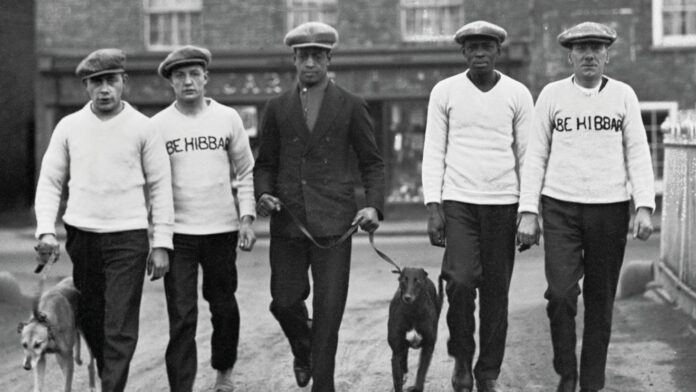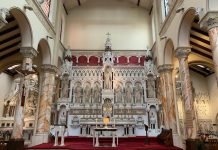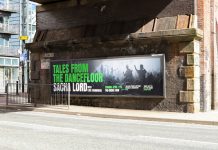
A petition has been created for a monument of a highly influential boxer who hailed from Manchester to be constructed.
Born on October 2nd 1902 Len Johnson amassed 134 fights ranging from welterweight all the way up to heavyweight. And while Johnson was a major boxing figure at the time he was never able to hold an official British title belt.
Johnson was mixed race, born of a white mother and a father from Sierra Leone, this meant that he was unable to compete for the British title due to the colour bar which was in force at the time. This also prevented him from fighting at the Royal Albert Hall and National Sporting Club.
The Manchester boxer did hold the British Empire middleweight title, now known as the Commonwealth title. He was the first non-white boxer to hold a title during the colour bar and defended it twice between February 1926 to July that year.
A fight late in his career was for the British middleweight title against Len Harvey however, the British Boxing Board of Control did not recognise it. Johnson lost on points to Harvey.
Johnson defeated Ted Kid Lewis, a fighter that Mike Tyson said was one of the best to come from Britain when he stopped him after 10 rounds of a 15 round fight.
On 12th October 1933, Johnson stepped into the professional ring to compete for the last time. While he retired from boxing he still managed to use his profile, he was widely considered one fo the best middleweight fighters of his ear, to influence change.
Johnson was a fighter out of the ring too, championing trade unionism, civil rights and advocating throughout his life not just for his Moss Side community but for oppressed people worldwide.
Len founded the New International Society to provide a voice for people of colour in Manchester, in 1945 he was invited to attend the groundbreaking PanAfrican Congress and in 1948 following the framing of 6 African-Americans known as the Trenton Six he sprung to action organising a rally and concert at Belle Vue featuring the famous singer and activist gathering more than 10,000 people in attendance.
He was also highly influential in dissolving the colour bar which was removed in 1947 and in 1948 Dick Turpin became the first black British boxing champion.
In 1954 Johnson went to the Soviet Union due to health problems and had a surgical procedure to remove a lung. He would pass in 1974, just two years before the Race Relations act in 1976.
A truly inspirational individual who did so much to aid his community and bring people together. A man whose influence stretched far beyond his region, a legacy that deserved to be celebrated.
You can sign the petition here.






